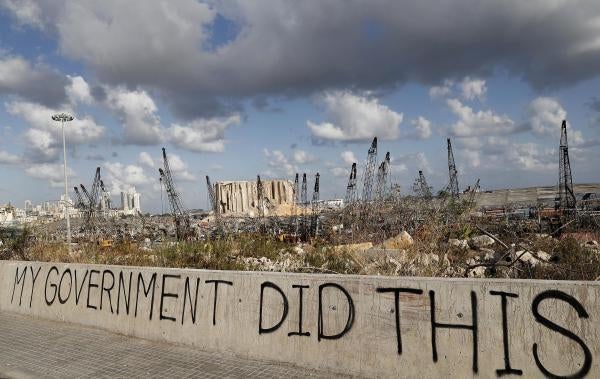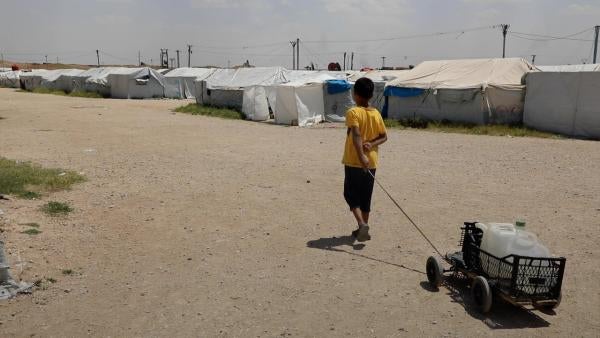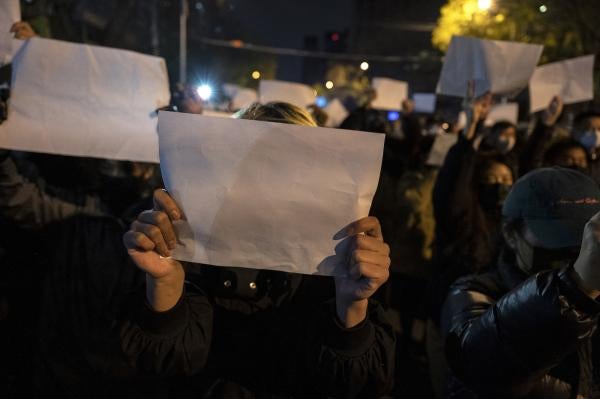The devastating explosion in Beirut’s port two and a half years ago remains etched in global memory. And for the victims, Lebanon’s political dysfunction and chronic corruption are deepening the catastrophe.
218 people were killed, and large parts of the city were damaged when tons of ammonium nitrate, unsafely stored, caused one of the largest non-nuclear explosions in history. Some 7,000 were injured, 300,000 displaced.
The trail of evidence clearly implicated senior officials, but the country’s broken systems have been unable to deliver justice.
Yesterday, Lebanon’s general prosecutor ordered the release of all suspects detained in connection with the blast. It’s an outrageous move revealing political interference in the criminal investigation.
The domestic investigation had already stagnated, with no progress in sight due to multiple legal challenges from the politicians charged in the case aiming to replace the lead investigator.
The brazen move to release all suspects is perhaps the clearest signal yet of what’s wrong in Lebanon today.
The fact is, Lebanon is leaderless. Those in key positions of power feel no responsibility to the people. They’ll help themselves and their friends, and to heck with everyone else.
Deeply betrayed by their own top politicians, the people of Lebanon have to look elsewhere for help.
More than 162 Lebanese and international rights groups, survivors, and families of the victims are taking the initiative. They’ve called on the UN Human Rights Council to create an international fact-finding mission to help deliver the justice so desperately needed and so impossible to achieve domestically.
They must succeed where leaderless Lebanon has failed.







